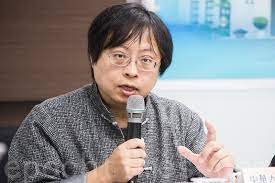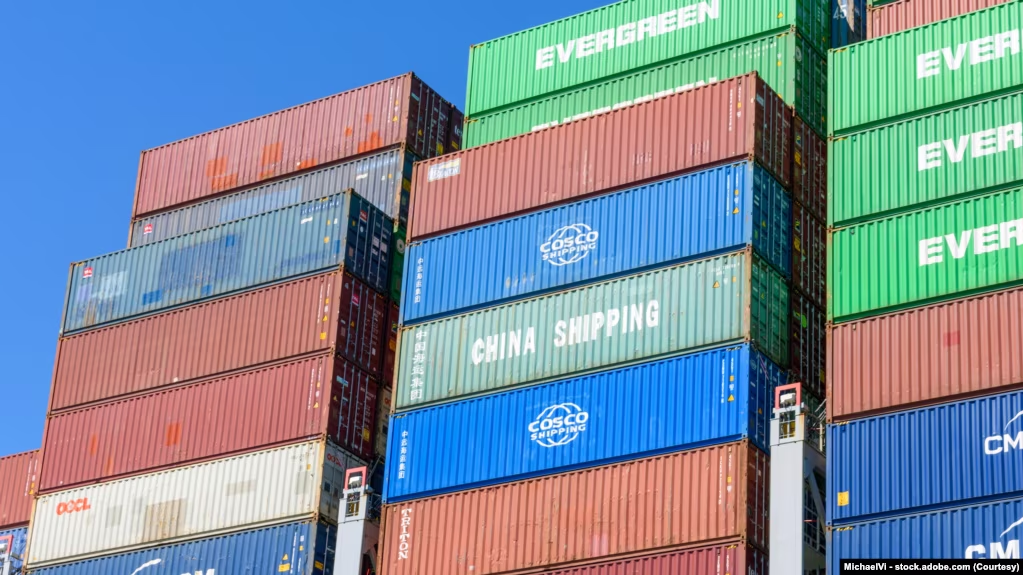2014-05-05

A Chinese worker controls robotic arms to throw garbage into an incinerator at a plant in Hainan province in a file photo.
ImagineChina
Residents of the eastern Chinese city of Hangzhou marched Monday to the ruling Chinese Communist Party’s neighborhood committee buildings to protest plans to build a waste incinerator near their homes after weekend demonstrations led to bloody clashes with the police.
Five people were injured in the clashes Saturday, including an elderly woman who had to be admitted to the hospital, as residents voiced their opposition to the planned facility near Yuhang’s Zhongtai village.
The waste incinerator project will be the largest of its kind in Asia, and has sparked repeated mass protests and clashes from some of the 500,000 people living near the proposed site in recent weeks.
Local people say they fear pollution from the plant will affect their health.
Residents of Zhongtai village are also angry at heavy-handed tactics from local officials in forcing through the project in their backyard, a protester surnamed Wu told RFA on Monday.
A former Zhongtai village chief was forced to resign after opposing the project, and police were seeking out anyone who had taken part in recent protests, he said.
“If you take part, they will call you up on the phone,” Wu said. “If you are a parent with a kid in school, they text you telling you not to take part.”
“This [incinerator] is being forced on us, and local people have no say in the matter.”
Repeated calls to the Zhongtai neighborhood committee offices rang unanswered during office hours on Monday.
Raised pollution levels
A second Yuhang resident surnamed Tu said the planned incinerator would handle 3,000 metric tons of garbage every day in its initial phase, rising to 8,000 tons in its second phase.
“Whatever you say about waste incinerators, there is always going to be some pollutants, which will have an effect on the environment where we live,” Tu said, adding that estimates had shown that the area within a 12-kilometer (7.5-mile) radius of the plant would see raised pollution levels.
“Also, if 3,000 tons, then 8,000 tons of trash are going to come through Yuhang, all those trucks passing through here, how well will that be managed?” he said.
“There will be trash falling off them and fluids seeping from the garbage getting into the water table and polluting the water supply,” Tu said.
He said Yuhang residents have enjoyed a relatively clean environment up until now.
“Yuhang is a mountainous area, and the scenery is pretty nice. If they do this, that could all be spoiled at one stroke,” Tu said.
Landfill dump
A third Yuhang resident surnamed Chen said the region was already home to a landfill dump.
“In the past two or three years there has been a huge stink, and the house is full of flies whenever it rains,” he said. “This affects the whole area for 10 kilometers (6.2 miles) around.”
“The new incinerator will be located two or three kilometers from the landfill site,” Chen said.
Yuhang’s nascent eco-tourism industry is also under threat from the plan, which will see construction of the plant begin in June, local sources told RFA last week.
But China’s Internet censors have broken up online chatroom groups used by protesters to organize action against the plant, they said.
Police have called protesters repeatedly, including Wu, warning them off further action on pain of being detained.
An employee who answered the phone at the Hangzhou municipal planning department last week said all queries must be submitted in writing.
“That way, we will have a better understanding of your questions, and we will reply by return of post,” the official said.
Repeated calls to the environmental protection departments in Yuhang district and for the Hangzhou municipal government rang unanswered during office hours last week, ahead of the Labor Day holiday.
Reported by Yang Fan for RFA’s Mandarin Service, and by Grace Kei Lai-see for the Cantonese Service. Translated and written in English by Luisetta Mudie.













